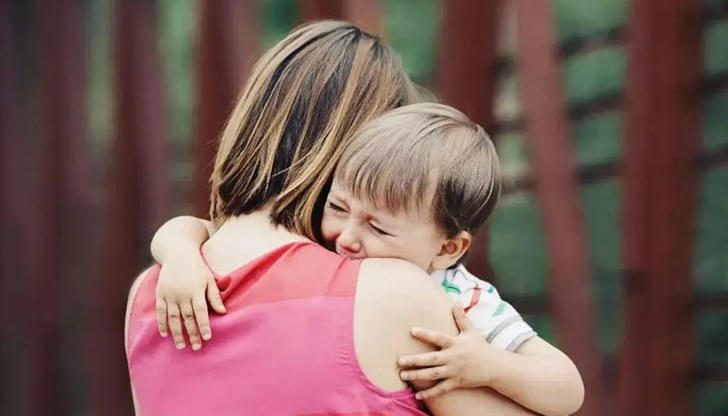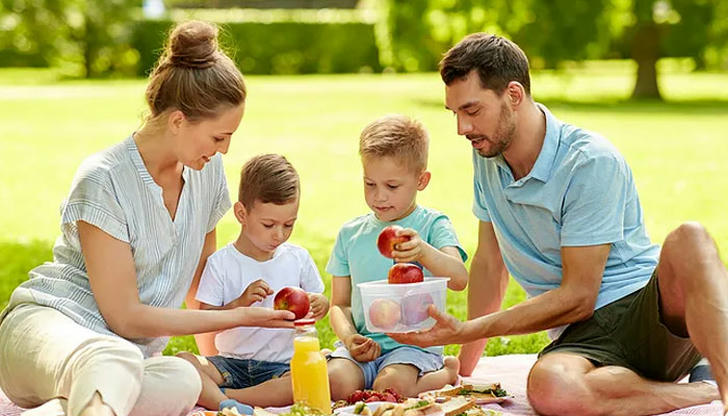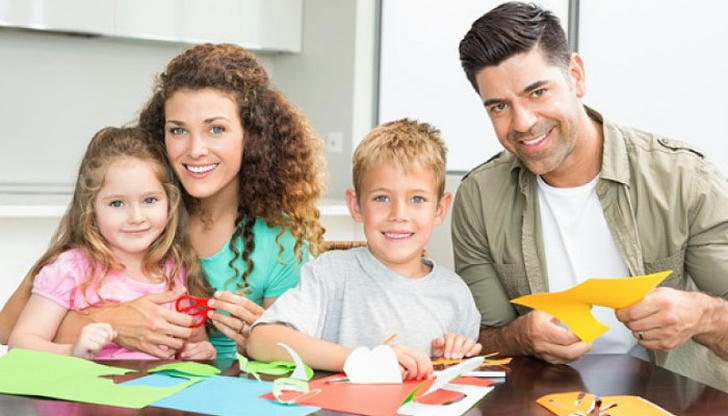Eight Ways to Strengthen Parent-Child Relationship

Pat Tanner Nielsen, a professor of human development and family studies in the United States, uses the term "family glue" to describe the time when people build close, healthy family relationships. Nielsen believes that spending time together in a family is a good investment. High-quality family time together can not only make children feel closer to their parents, but also stimulate children's sense of belonging. It makes the whole family more united and motivated, and makes each family more positive.
Creating high-quality family time together is actually not difficult. With a little effort and dedication, you can have warm experiences and lasting memories with your family and children. The following eight ways may help you improve your parent-child relationship.
1. Build a small home garden

Involve your child in the planting process and don't worry about getting their hands and clothes dirty. Children will develop a sense of respect and love for the natural world as they witness a small green shoot grow into a lush plant. At the same time, by assigning tasks to children weeding, watering and fertilizing the small family garden, they can also cultivate their patience and perseverance. During this period, the child may also find some interesting things, such as finding a bug, which will become a happy topic element in the family.
2. Plan a family trip

To plan a family vacation, you can roughly select a location range and budget, and then let your child arrange travel plans, check the weather forecast, and make planning strategies. This trip is mainly based on the ideas of the children, and the parents provide some supplements and help. This gives children the opportunity to take on leadership roles in the family, the children will feel proud of themselves, become more confident and independent as they realize their worth in the family, and parents feel happy about spending a good time with their children.
3. Conduct family member interviews

Let the children act as interviewers to understand and record the stories of family elders, such as grandparents, aunts and uncles, etc. They all have many interesting stories growing up in different eras. Ask your child to ask what their past life was like, and you can use the camera to capture their stories, their voices and expressions. By collecting personal anecdotes and memories of family members, children will experience the flow and inheritance of a family history. When children can access and appreciate this history and heritage, they begin to think about their responsibilities and missions. At the same time, you can use videos and photos to record the stories of family members, and it is also a precious memory.
4. Cooking with the whole family

Studies have shown that children who regularly cook with their parents can have higher academic performance and higher self-esteem. Small talk during housework and cooking is also an opportunity for easier and more open communication between children and parents.
In communication, the more parents can develop the habit of really listening to their children and form a relaxed and open atmosphere of conversation from an early age, the more willing children are to talk to their parents about the problems that trouble them when they enter adolescence. And it is necessary to assign each family member a task that suits him. Participating in housework together can help children increase their sense of belonging and responsibility to the family, and find their own clear self-position. These are very important to the child's character growth.
5. Watch movies together on family nights

Going to the cinema together to watch a movie or sit on the sofa to watch a TV show, eat a small snack, and have a relaxed conversation for a while can make life more comfortable. When children and parents laugh together, they often have more common language. After an excellent movie is over, it can also allow family members to share and talk about their own insights, which is also an opportunity to entertain children.
6. Do some creative handicrafts together

Arrange time for the whole family to participate in handmade or artistic creation, which can be a home decoration, a waste recycling, or the beautification of furniture and home furnishing, so that children can experience and develop their creativity in the process. Decorating your home corner with creativity and enthusiasm will bring unforgettable and lasting warm memories for children and family members, and will also inspire family members to love and identify with the whole family.
7. Organize family sports activities

Try your child's favorite sports together as a family and arrange a simple family sports game, such as badminton, swimming, football and more. Parents need to bring their children to play together. Sports competitions among family members can not only exercise, but also promote the cooperation and tacit understanding of the family. Also parents can take the whole family to bowling alleys, tennis courts, indoor climbing walls, and try out new and unfamiliar sports. Even if you don't have a particular favorite sport, try some sports games that can move your body, and you can reap the fun of working with your family from a simple exercise.
8. Take family group photos

The best and easiest way to preserve good family memories is to take pictures of the whole family. From artistic family portraits to photos of family activities together, these can capture and record some truly touching moments, and when one day recalls these moments, we can smile and point to the photos to retrace some warm and interesting memories.

